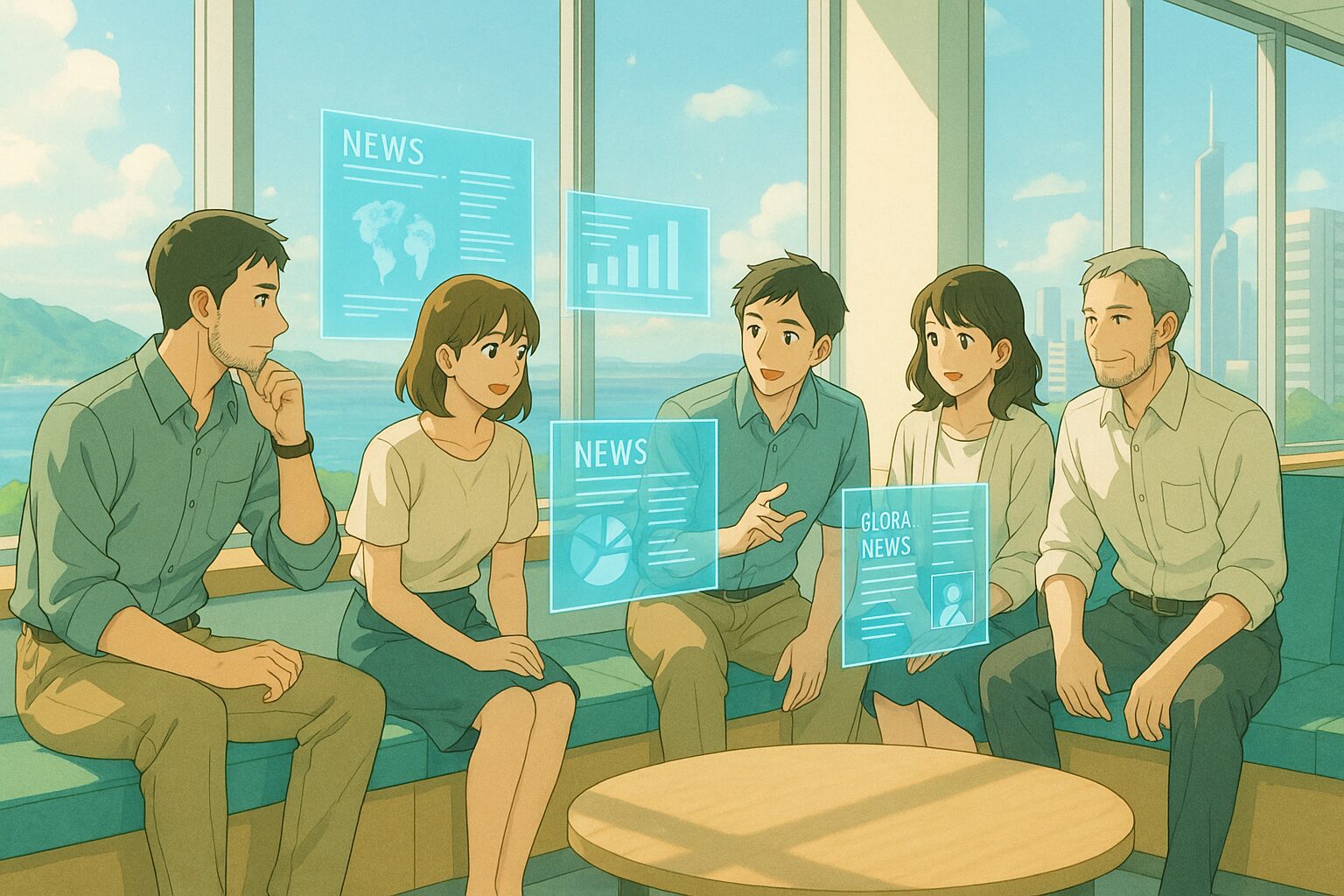The Complex Relationship Between Startups and Government: What Does the Future Hold?
In the modern era where startups are thriving, their growth is significantly influenced by their relationship with the government. However, this relationship has become more complicated than expected recently. If this trend continues, what future awaits startups?
1. Today’s News
Source:
TechCrunch
Summary:
- The relationship between startups and the U.S. government is becoming more complex.
- Government regulations and policies are impacting the growth of startups.
- Startups are taking various measures in response to these changes.
2. Considering the Background
The complexity of the relationship between startups and the government can be attributed to the rapid evolution of technology and the lag in regulatory responses. Each time a new business model or technology arises, the existing laws and rules struggle to keep pace, creating friction between companies and the government. This issue also affects our daily lives; for instance, new apps or services might encounter legal barriers, making it harder for users to benefit from them. As this complexity progresses, how will the future change?
3. What Does the Future Hold?
Hypothesis 1 (Neutral): A Future Where Negotiation with the Government Becomes Standard
For startups, negotiating with the government may become a routine part of their operations. Directly, companies will likely strive to better understand and adapt to government policies. Indirectly, strengthening legal departments will become essential, potentially increasing the demand for legal professionals. Ultimately, people may come to see building business models based on regulations as a standard practice.
Hypothesis 2 (Optimistic): A Future Where Startups Thrive
By actively collaborating with the government, startups might contribute to establishing a healthier business environment. Directly, the number of public-private cooperation projects could increase, promoting innovation. Indirectly, startups are expected to address social issues through their collaboration with the government, enhancing their social credibility. If this trend continues, people might view startups as a reliable part of society.
Hypothesis 3 (Pessimistic): A Future Where Emerging Companies Decline
Excessive government regulation may hinder the growth of startups. Directly, emerging companies could struggle more with funding and market entry. Indirectly, the number of startups could decrease, leading to lost opportunities for innovation. Ultimately, people may become anxious about living in an era where new challenges are hard to come by.
4. Tips on What We Can Do
Thinking Tips
- Consider how the relationship between startups and the government affects your life.
- Reevaluate your expectations regarding new technologies and services.
Small Practical Tips
- Stay updated on the latest trends by following news about startups or technologies that interest you.
- Participate in local startup events and engage directly with stakeholders to deepen your understanding.
5. What Would You Do?
- What lifestyle changes do you anticipate as the relationship between startups and the government evolves?
- In what way do you wish to support startups?
- What actions do you want to take regarding the future brought by the relationship between government and startups?
What future do you envision? Please share your thoughts through social media quotes or comments.









